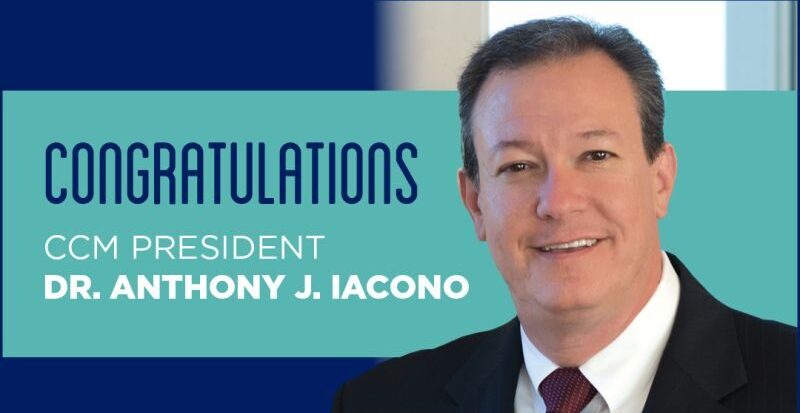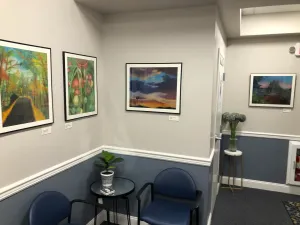“As Goes Bethlehem: Steelworkers and the Restructuring of an Industrial Working Class”
 Working as a social worker in Bethlehem during the 1990s, Dr. Jill Schennum, professor and chair of the Department of Sociology, Economics & Anthropology at County College of Morris (CCM), became interested in the lives and plight of steelworkers. So interested that she focused on the industry and its workers for her Ph.D. dissertation and continued that research for what is now her book on how the demise of the steel industry impacted the lives of workers across the U.S.
Working as a social worker in Bethlehem during the 1990s, Dr. Jill Schennum, professor and chair of the Department of Sociology, Economics & Anthropology at County College of Morris (CCM), became interested in the lives and plight of steelworkers. So interested that she focused on the industry and its workers for her Ph.D. dissertation and continued that research for what is now her book on how the demise of the steel industry impacted the lives of workers across the U.S.
Through the experiences and reflections of steelworkers, “As Goes Bethlehem: Steelworkers and the Restructuring of an Industrial Working Class” (Vanderbilt University Press) examines the significance of work, particularly industrial work, and how it gives meaning to people’s lives, identities and sense of worth. Covering a span of 35 years, Schennum’s book delves into investment and disinvestment, managerial initiatives, transfer choices, layoffs and downsizings, external transfers, the eventual bankruptcy of the Bethlehem Steel Corporation, and the workforce’s transition into retirement, unemployment and new postindustrial occupations.

“The visual of the steel mills was so intriguing. It was all so huge and so tremendous. They dominated the landscape,” recalls Schennum of what drew her to this body of work.
“When the workers were hired, the steel industry was thriving as a core segment of an industrialized U.S.,” she notes. “Unions were strong, pensions seemingly guaranteed, and a job basically was held for life. It was a world where steelworkers performed hard and dangerous work but a world where they also earned a good living and gained middle-class status.”
By the time the plants closed, however, pensions were reduced, health coverage was lost and the majority of steelworkers either ended up retiring with much less than they expected or were hired by other companies at significantly lower wages.
“What I detail in my book is the process of deindustrialization and what has happened to the industrial working class as we moved to a post-industrial society,” says Schennum. “What happened is that the decline of unions and the shift to a service economy resulted in a reduction in wages, benefits and control over work and the workplace.”
Prior to earning her Ph.D. in Cultural Anthropology from CUNY in 2011, Schennum earned her M.Ed. from Rutgers University, her M.A. in Cultural Anthropology from Boston University and her B.A. from Carleton College.
As a community college professor, Schennum says, she enjoys being part of an institution whose specific mission is to provide people with an accessible education to improve their lives with little to no debt. At CCM, Schennum teaches Anthropology, Cultural Geography and Sociology.
“Community colleges are great. They offer access and opportunity,” she says. “I also really enjoy being a teacher. I love it when students get excited about learning. It’s such a rewarding process.”



